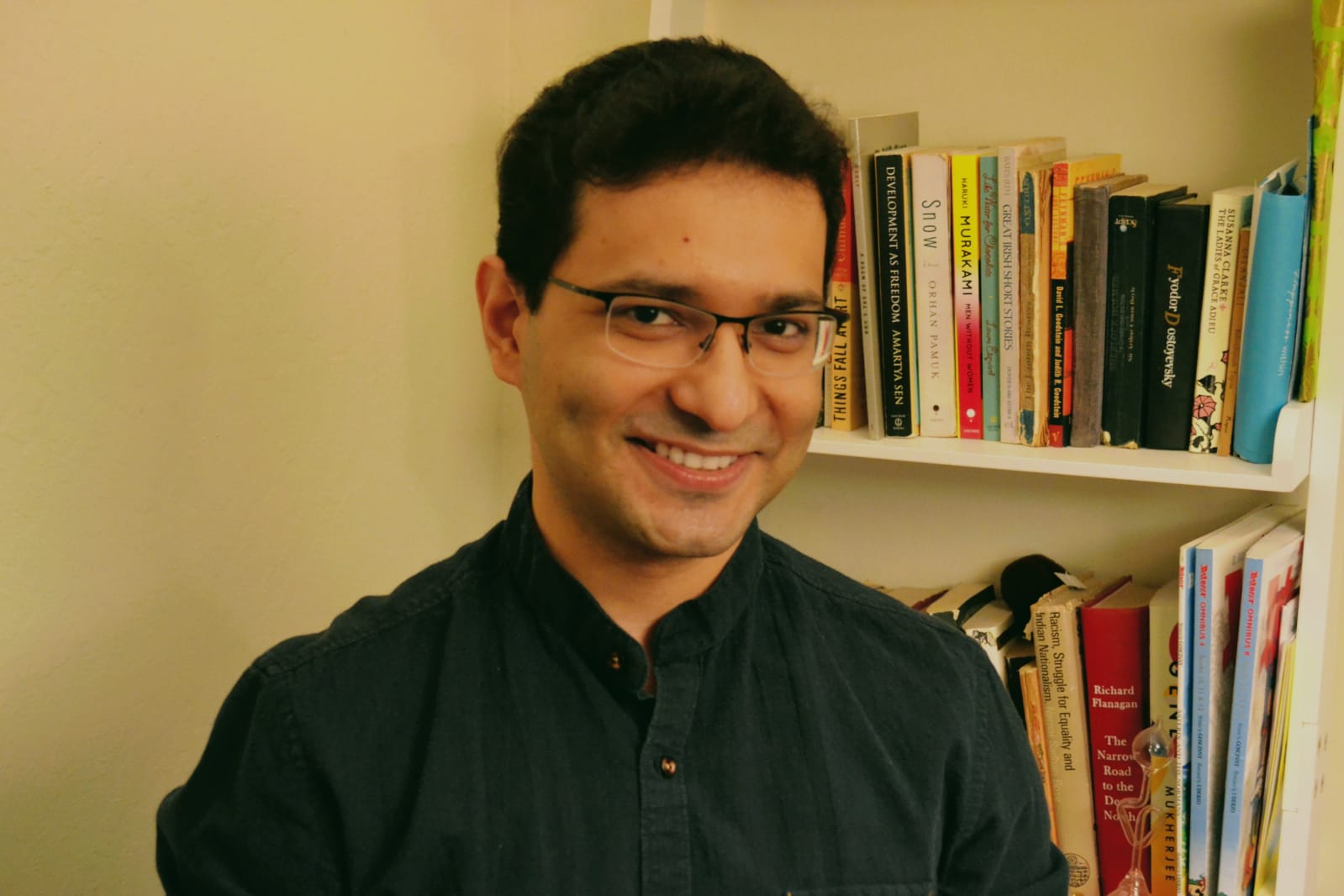
Arka Banerjee is a Schramm fellow in Theoretical Astrophysics at Fermilab. Previously, he got his Phd from the University of Illinois, Urbana-Champaign, and then was a KIPAC postdoctoral fellow at Stanford University. His research focuses on cosmological structure formation, and its connection to fundamental physics.
Talk Title and Abstract:
Nearest neighbor distributions: New statistical measures for cosmological clustering
As we push to understand cosmological structure formation on small, non-linear scales, and constrain various cosmological parameters using the clustering information on these scales, it is crucial to understand which statistical measures of clustering can be used to extract the most of the available information.
The two-point correlation function is the most widely used statistical tool to summarize clustering in the data for cosmological analyses. While it is a complete statistical description for a Gaussian random field, the 2PCF does not capture all the information for nonlinear fields.
In this talk, I will introduce a new set of summary statistics for cosmological clustering: the k-Nearest Neighbor Cumulative Distribution Functions (kNN-CDF). I will discuss how to compute these efficiently on discrete datasets, like halo and galaxy catalogs, and how these measurements are sensitive to integrals of all N-point functions in the data. I will demonstrate various applications of these statistics, including the extent to which they are more sensitive to the underlying cosmological parameters, and can produce significantly stronger parameter constraints from the same input data. I will then discuss how nearest neighbor measurements can be applied to joint distributions and cross-correlations of two datasets, and demonstrate that here too, have greater statistical power than the traditional two-point cross-correlations. Finally, I will talk about ongoing work on modeling these kNN-CDFs for arbitrary halo or galaxy samples as a function of the underlying cosmological parameters.
Join us on Zoom or contact Donna Hayes email.
Host